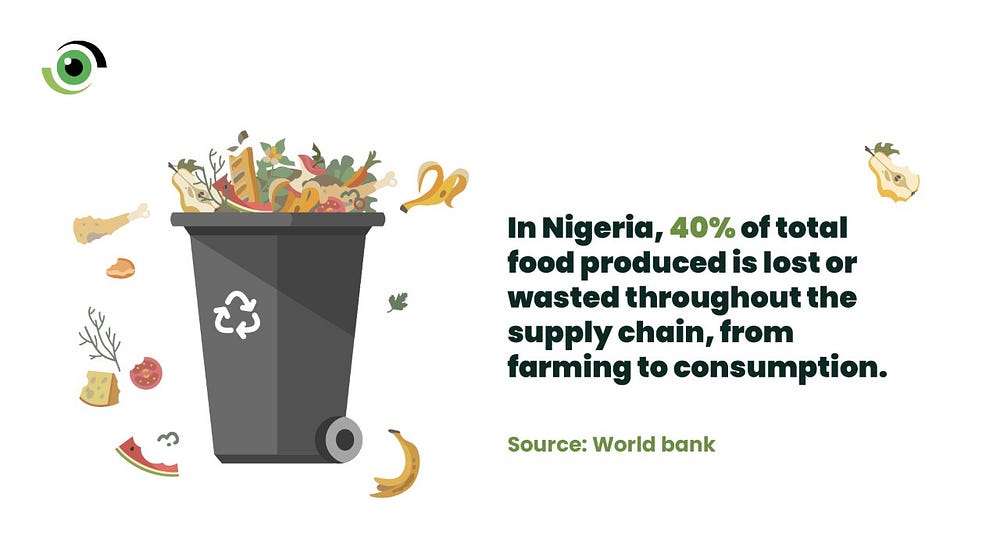- July 10, 2024
- Posted by: Precious David
- Category: Uncategorized

In today’s world, our food choices significantly impact the environment. The University of Sydney and Curtin University researchers have published a new book, “Food in a Planetary Emergency,” highlighting the need for a shift in our dietary habits to combat climate change and protect ecosystems.
Food production is responsible for over 37% of global greenhouse gas emissions. The current agricultural practices lead to biodiversity loss, deforestation, plastic pollution, and soil degradation. With the global population projected to reach 8.5 billion by 2030, the strain on our environment will only increase.
The authors advocate for a flexitarian diet, which primarily consists of plant-based foods but does not eliminate any food group entirely. This approach can drastically reduce greenhouse gas emissions and lessen the environmental impact of food production. By adopting a flexitarian diet, individuals can contribute to a significant reduction in biodiversity loss and land clearing caused by high meat consumption.
Practical Steps for Sustainable Eating
Incorporate Plant-Based Foods: Include vegetables, legumes, whole grains, nuts, and fruits in your diet. These foods have a lower environmental impact compared to meat and animal products.
Reduce Food Waste: According to the World Resources Institute, nearly a quarter of all food produced is wasted. Reducing food waste can significantly decrease greenhouse gas emissions.
Minimize Single-Use Plastics: Opt for reusable packaging and avoid single-use plastics to reduce plastic pollution.
Support Circular Agriculture: This practice involves returning nutrients from organic waste back to the soil, promoting soil fertility and food quality.
Adopting a flexitarian diet and making mindful food choices can help mitigate the environmental impact of food production. By reducing meat consumption, minimizing food waste, and supporting sustainable agricultural practices, we can contribute to a healthier planet.
References
University of Sydney. (2022). How food choices can help the planet.
World Resources Institute. (2022). Food Waste.
#SustainableEating #Flexitarian #EnvironmentalHealth #ClimateAction #FoodChoices #ZeroWaste #PlantBasedDiet #GenerationZ #EcoFriendly #CircularAgriculture
